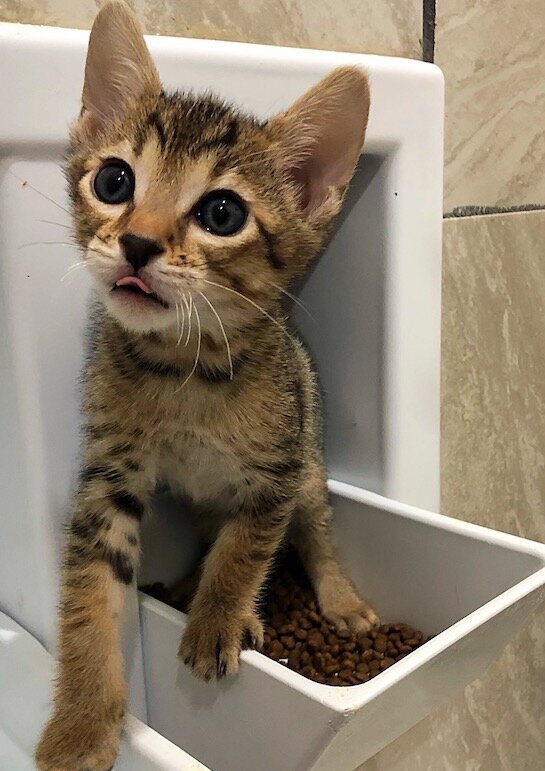Nothing can substitute a good diet and its health benefits and cats are no exception to this rule. The best way to make your cat friend thrive is to provide it with the best possible nutrition, love, and care. And don't forget: cats in the wild are obligate carnivores, unlike dogs who act more like omnivores.
Even though its lifestyle greatly differs from her ancestors', your cat likely still retains most of her instincts and nutritional requirements. It means that it requires food almost entirely based on protein and fat. With that in mind, nutrition for cats and its do's and don'ts are based on a few very simple rules.
Insight into cat nutrition
It is extremely important to maintain a strong relationship between your cat and its veterinarian, since only they can recommend the best diet for your feline pet. This is partly due to varying requirements cats have at different life stages. Pregnant and lactating cats will need certain supplements in their diet, newborns will drink only milk for a few weeks, and young, adult, and senior cats will all have different nutritional needs.
Throughout your cat's life, you will need to change and adjust its diet, as carefully as possible. Sometimes, you might need to reach out for supplements and vitamins, but only after consulting your cat's veterinarian. Finally, you should avoid common feeding mistakes in cats to keep your pet healthy. Grass that felines sometimes munch on helps with the process of digestion but doesn't have nutritional value. It is a mistake to assume that a diet rich in vegetables benefits cats, as they don't have the enzymes needed to digest veggies.
The most important cat nutrition do's and don'ts
When you're buying cat food, take a good look at the nutrition table on the packaging as well as the list of ingredients. If the list starts with carbohydrates or the list of grains and vegetables is longer than the list of meat, avoid the product. Carbs make cat food less expensive, but cheap cat food will actually cost you more in the long run, not to mention that it is likely not beneficial to your cat.
A way of providing proper nutrition for cats is in the balancing act between an affordable and nutritious diet. However, it is not only food that matters in a cat's life, even though cats make it seem like that. Note that only a happy living environment for your furry friend combined with proper nutrition will keep your cat healthy and extend its life.
Cat nutrition do's
Always look for a note from the Association of American Feed Control Officials (AAFCO) on the cat food packaging stating that the food is balanced and meets cats’ nutritional requirements.
Feed your cat at dawn and dusk, as those are the times they would normally hunt for food in nature. Most cats will eat only as much as they need, so you can leave the food out. However, if your pet is not a very good judge of that, always feed them at a specific time and then put all the food away until the next meal.
On average, a cat's ideal daily intake is about 200 calories, although the number of calories depends on the cat's age, size, and lifestyle. Your cat's vet will tell you exactly how much your pet should eat in a day.
If your pet's favorite food is not sold anymore, you need to know how to best change your cat's food to a new brand and maintain its required nutritional value. Once again, read the labels carefully and consult with the vet.
Give commercial cat food to your pet, as it is specifically formulated for cats. However, if you wish to feed your cat the food that you've prepared, talk to your vet first.
Make sure your cat has its own food bowl and wash it regularly to prevent the build-up of harmful bacteria.
Always make sure that your cat has access to fresh drinking water, especially during hot months. If their diet consists mostly of wet food (moisture content of about 75% to 78% water) cats will drink less water, but they still need it. In comparison, the water content in dry foods ranges from 6% to 10%.
Cat nutrition don'ts
Avoid giving your cat cow's milk and raw eggs. Cats are lactose intolerant. Aside from the risk of salmonella, frequent consumption of raw eggs can cause skin inflammation, hair loss, and poor hair growth to your cat.
Don't overdo it with raw meat. While raw meat is the closest to what they'd eat in the wild, it also may contain bacteria such as salmonella, listeria, E. coli, or parasites. Take very good care when you're feeding your cat raw meat.
Don't give your cat raw fish. Raw fish contains an enzyme that destroys thiamine (vitamin B1), whose deficiency causes serious neurological problems in cats, even leading to convulsions and, in the worst-case scenario, coma.
Don't provide vitamins and supplements to your cat if they already have a balanced diet. A vitamin overdose for cats and humans alike is dangerous just like a vitamin deficiency. If your cat has some health issues, then vitamins, supplements, and cat nutrition go hand in hand, with the vet's approval, of course.
Don't give your cat your leftovers or too many treats between meals. Most human food is not nutritious to cats, and too many treats will surely lead to obesity. How many treats is optimal? Between 5% and 10% of their daily calory intake.
Don't let the wet food sit in your cat's bowl for too long. After an hour, there will be too much bacteria, causing your cat digestive problems.
If your cat ever becomes overweight, it is partly due to an unbalanced diet and partly due to lack of activity. Your vet will study your cat's case and recommend the best course of action.
Click HERE to see what products we recommend or on the pictures and the links in the article to see where it takes you.
Until our next cat convo


